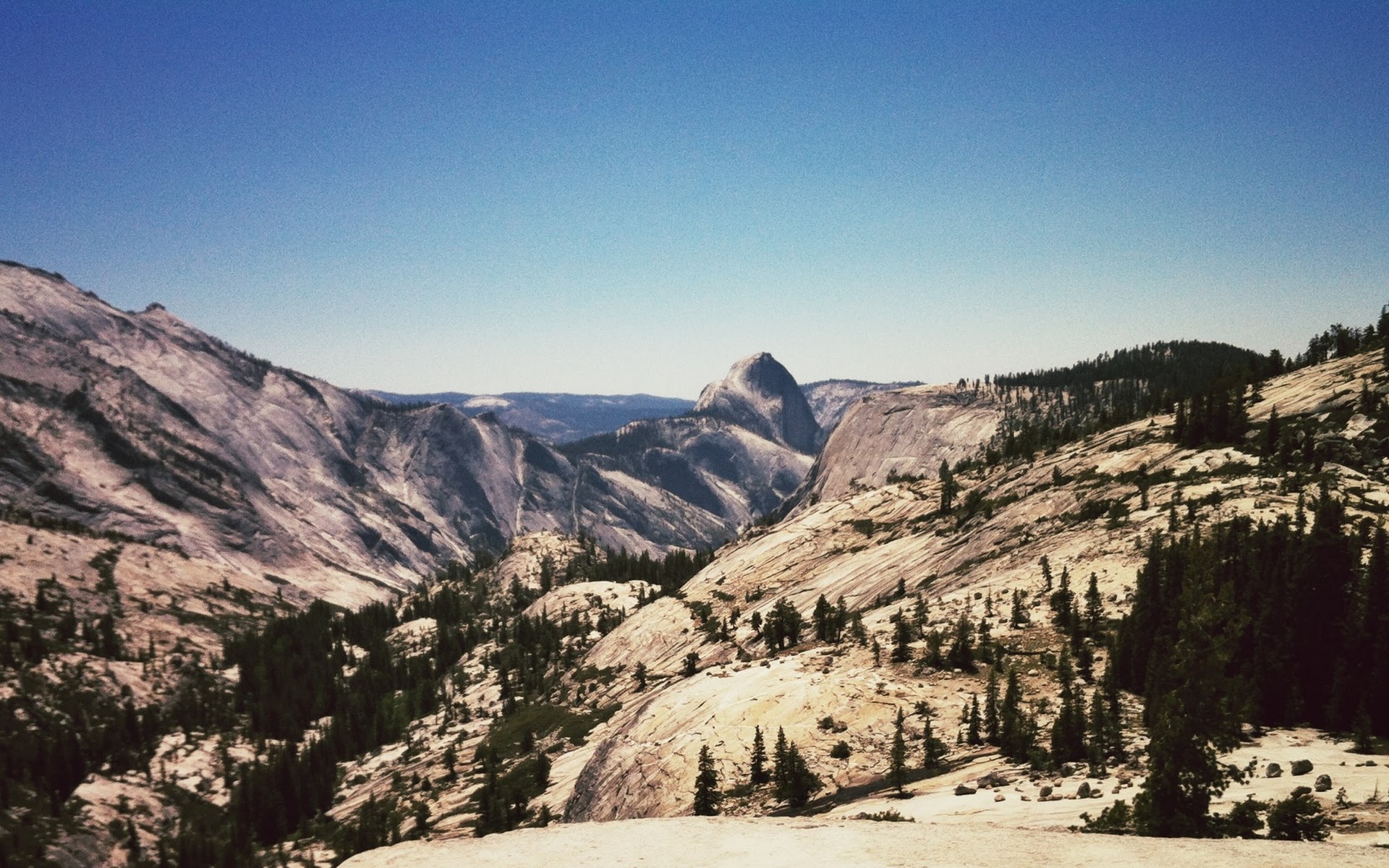The Mediterranean is a region of extraordinary ecological and cultural richness. Yet today, it is increasingly under pressure. Mass tourism and intensive agriculture are degrading fragile ecosystems, accelerating the loss of agrobiodiversity, and disconnecting travelers from the very landscapes and communities they come to experience. As rural areas face depopulation and cultural erosion, the Mediterranean risks becoming a place of consumption rather than connection.
INSPIRE offers a new path forward
Rooted in the Mediterranean’s own resources—its biodiversity, its food traditions, its people—INSPIRE is developing and testing a community-driven model for sustainable tourism, where local actors become stewards of their environment, culture, and economy.
A Region at a Crossroads
The challenges are urgent and interconnected. Mass tourism contributes to environmental degradation, while industrial agriculture depletes the soil and reduces biological diversity. Agrobiodiversity-closely tied to the region’s identity and food culture-is disappearing. Meanwhile, traditional knowledge is undervalued or excluded from mainstream tourism, and local communities are increasingly sidelined.
But alongside these challenges, the Mediterranean holds powerful opportunities. It is home to an incredible diversity of crops, breeds, landscapes, and culinary practices. Proven methodologies, such as Slow Food Travel, show how food heritage can be the foundation for meaningful tourism. And participatory tools, from digital mapping to Living Labs, make it possible to design tourism that is inclusive, replicable, and deeply rooted in place.
The INSPIRE Approach
INSPIRE works in five pilot areas – Sicily (Italy), Albania, Spain, Corsica (France), and Greece – each facing its own pressures from tourism and agriculture, yet all sharing the need to reconnect tourism with local heritage.
In each of these regions, INSPIRE activates Living Labs: participatory environments where local stakeholders-farmers, food artisans, tour operators, institutions, and residents-collaborate to design and manage new tourism experiences. These are not top-down interventions but processes of co-creation, where communities decide how to tell their stories, protect their landscapes, and welcome visitors.
Digital tools play a key role.
Through an interactive crowdmapping platform, communities will identify and share their agrobiodiversity, engage citizens and visitors alike, and make their models visible and replicable beyond local boundaries. At the same time, transnational cooperation among the five countries fosters the exchange of knowledge, helping adapt successful practices to different Mediterranean contexts.
What We Aim to Achieve
INSPIRE is not just a project-it is a strategy for transforming tourism into a regenerative force. By integrating ecology, economy, and culture, INSPIRE aims to:
- Create tourism destinations that are sustainable, inclusive, and community-led.
- Protect and enhance agrobiodiversity by embedding it into the tourism narrative and economy.
- Offer new economic opportunities to rural areas through biodiversity-based tourism.
- Enable local communities to become ambassadors of their territory, reconnecting people with the land and its stories.
This is a model that respects the limits of the planet and the dignity of its people. A tourism that does not exploit, but empowers. One that turns visitors into partners in preservation and regeneration.
A Shared Future for the Mediterranean
INSPIRE is grounded in the belief that the Mediterranean’s future depends not on increasing the number of tourists, but on changing the way tourism is imagined and practiced. By aligning tourism with biodiversity and community values, INSPIRE makes it possible to imagine a Mediterranean where nature, culture, and people thrive-together.


